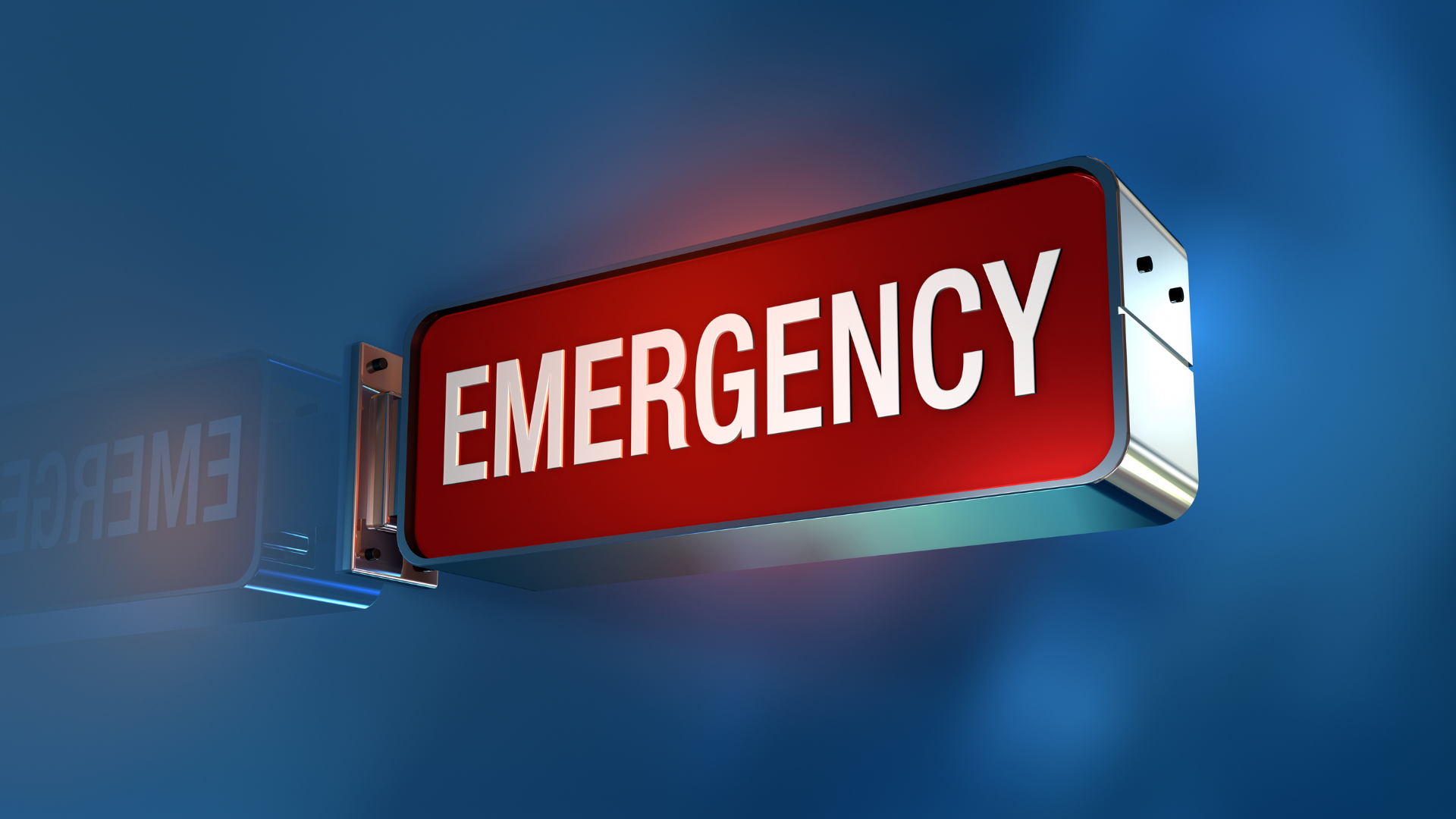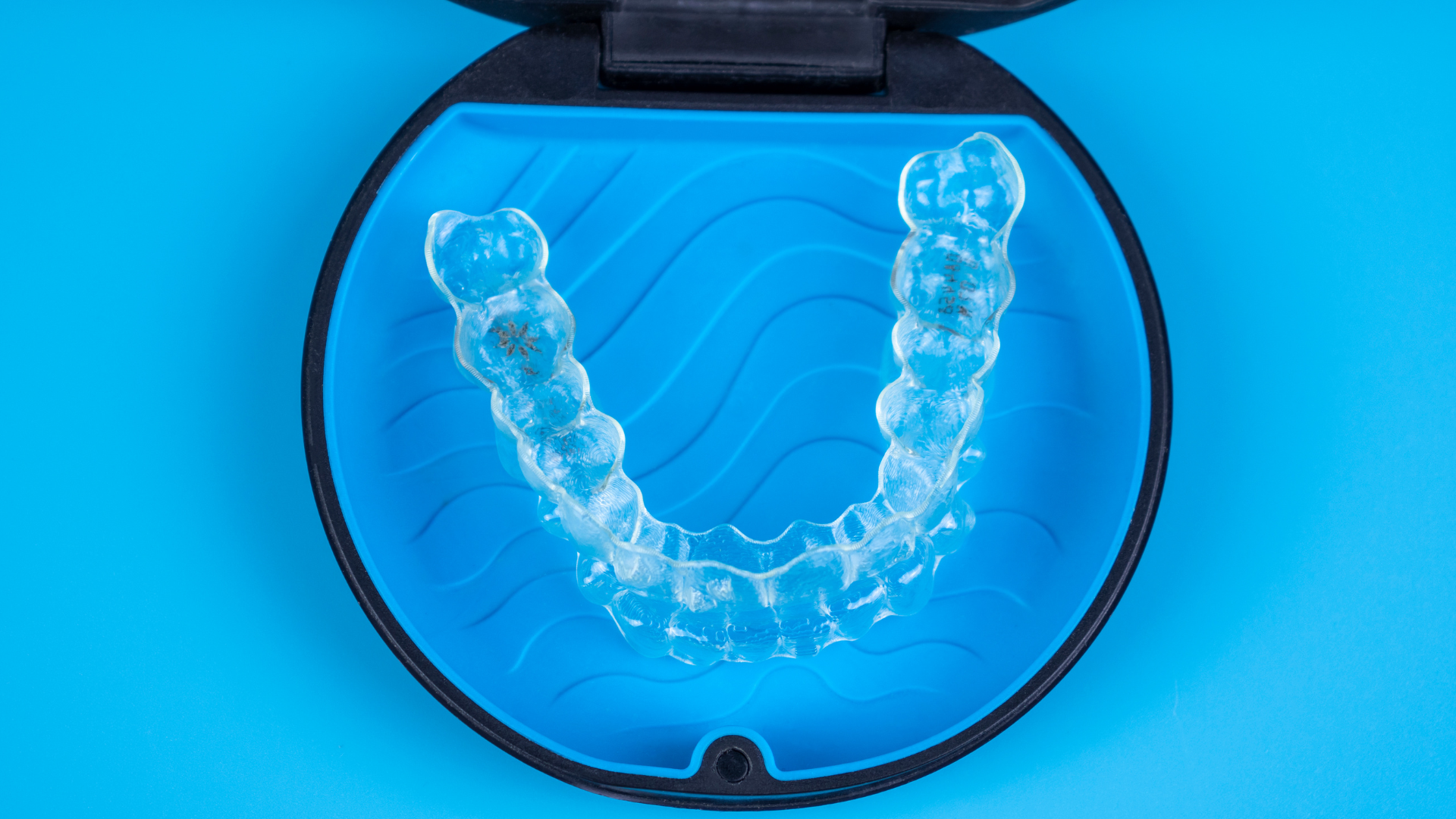Can You Go to the ER for a Toothache? Understanding Your Options
Toothaches have a way of showing up at the worst possible times—late at night, during the weekend, or right before a big event. The pain can be sharp, constant, and sometimes unbearable. When this happens, it’s natural to wonder: “Should I go to the emergency room for a toothache?”
The short answer? It depends on the situation. While the ER can provide temporary relief, most dental problems need the expertise of a dentist to fully resolve. Understanding when to visit the ER versus when to contact your dentist can save you time, money, and a lot of discomfort.
When a Toothache Becomes an Emergency
Not all tooth pain requires an emergency room visit, but certain symptoms can signal a more serious issue. You should consider going to the ER or seeking urgent medical help if you experience:
- Swelling in the face or jaw that makes it difficult to breathe or swallow
- Severe, unrelenting pain that isn’t eased by over-the-counter medication
- Fever and chills along with tooth pain (which may indicate an infection)
- Bleeding or trauma after an accident or injury
These signs could point to a spreading infection or abscess—conditions that can become dangerous if left untreated.
What the ER Can and Can’t Do for a Toothache
If you go to the ER with a dental problem, the doctors there can help manage your pain and, in serious cases, control infections. However, ER doctors typically are not trained to perform dental procedures like fillings, root canals, or extractions.
Instead, they may prescribe antibiotics, pain relief medication, or refer you to a dentist for follow-up treatment. In short, the ER can provide temporary relief, but only a dental professional can fix the root cause of your toothache.
(You might also want to read: The Do’s and Don'ts After a Dental Injury)
When to Call Your Dentist Instead
For most toothaches, your dentist should be your first call. Dental professionals have the tools and expertise to diagnose the problem accurately and provide the right treatment.
You should contact your dentist if:
- You have sensitivity to hot or cold that lasts more than a few seconds
- There’s pain when biting or chewing
- You notice swelling or a small bump on your gums
- A filling, crown, or dental restoration has fallen out
These symptoms often indicate cavities, nerve irritation, or infection—all of which can be addressed effectively with prompt dental care.
What Causes Severe Tooth Pain?
Tooth pain can come from many different sources, and understanding them can help you know how urgent your situation is. Common causes include:
- Tooth decay or cavities that reach the inner nerve of the tooth
- Gum infections or abscesses that lead to swelling and pressure
- Cracked or fractured teeth caused by injury or grinding
- Impacted wisdom teeth or teeth shifting due to crowding
- Loose fillings or crowns that expose sensitive areas
Knowing the cause of your pain helps your dentist plan the best course of treatment—whether that’s a simple filling or something more advanced like a root canal.
Managing Tooth Pain Until You See a Dentist
If you can’t get to a dentist right away, there are a few steps you can take to manage your discomfort safely at home:
- Rinse with warm salt water to reduce swelling and disinfect the area.
- Apply a cold compress to your cheek for 10–15 minutes at a time.
- Take over-the-counter pain relievers such as ibuprofen, following dosage instructions carefully.
- Avoid extremely hot or cold foods, which can make sensitivity worse.
- Keep the area clean, but avoid applying aspirin directly to your gums—it can cause burns.
These remedies won’t fix the underlying problem, but they can help you stay comfortable until you receive professional care.
Dental Emergencies vs. Non-Emergencies
Understanding the difference between a dental emergency and a routine issue can save you a trip to the ER.
Dental Emergencies:
- Severe tooth or jaw pain
- Knocked-out or broken tooth
- Abscess or infection with facial swelling
- Uncontrolled bleeding after an injury
Non-Emergencies:
- Minor sensitivity
- Dull toothache that comes and goes
- Small chips or cracks
- Lost fillings or crowns (unless causing severe pain)
For emergencies, it’s best to contact your dentist immediately. Many dental offices, including Gentle Dentistry, offer same-day appointments for urgent cases.
What Happens If You Ignore a Toothache
Ignoring a toothache might seem harmless at first, but it can lead to serious complications. A small cavity can quickly become an infection that spreads to your jaw or even your bloodstream.
In extreme cases, untreated dental infections can cause swelling that restricts breathing or spread to vital organs—a life-threatening situation that requires immediate medical attention.
That’s why addressing dental pain early is always the best choice.
(Learn more about: Is a Cracked Tooth an Emergency? What You Need to Know)
How Dentists Treat Toothaches
Once you visit your dentist, they’ll identify the cause of your toothache and create a personalized treatment plan. Depending on the issue, treatment options may include:
- Fillings for cavities
- Root canal therapy for infected tooth pulp
- Crown replacements for broken or damaged teeth
- Gum treatments for infections
- Extractions for severely decayed or unsalvageable teeth
Your dentist will also provide aftercare instructions to ensure your mouth heals properly and to prevent future issues.
Preventing Future Toothaches
The best way to avoid another painful episode is through preventive care. Regular dental checkups—typically every six months—allow your dentist to catch issues early before they turn into emergencies.
Other prevention tips include:
- Brushing twice daily with fluoride toothpaste
- Flossing daily to remove trapped food particles
- Avoiding sugary snacks and drinks
- Wearing a mouthguard if you grind your teeth or play sports
Small habits like these can go a long way toward keeping your teeth strong and pain-free.
Additional Information
For more guidance on handling dental issues and emergencies, check out these helpful resources:
- The Do’s and Don’ts After a Dental Injury – Learn how to protect your teeth after an accident.
- Is a Cracked Tooth an Emergency? What You Need to Know – Understand when to seek immediate dental help.
- Lost a Filling or Crown? Here’s What to Do Before You See a Dentist – Find out how to protect your teeth until your appointment.
These articles can help you handle dental problems more confidently and know when to reach out for professional care.
When in Doubt, Contact Gentle Dentistry
If you’re experiencing tooth pain, don’t wait until it becomes unbearable. At Gentle Dentistry, we provide immediate, compassionate care for all types of dental concerns—from toothaches to dental emergencies.
Our team is here to relieve your pain, identify the cause, and restore your oral health with the same gentle touch we’re known for.
Reach out to Gentle Dentistry today to schedule an appointment or to get help with your dental emergency. Your comfort and well-being are our top priorities.





